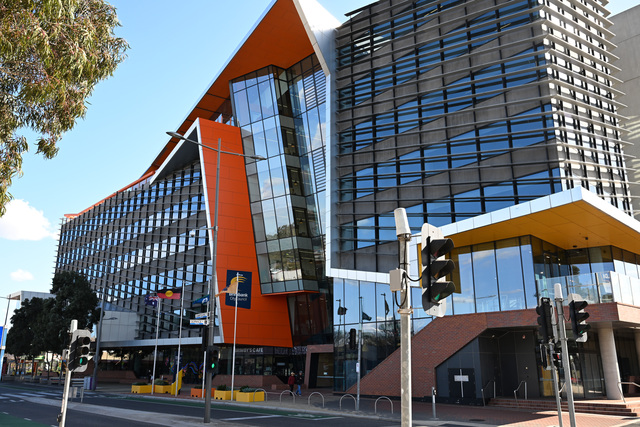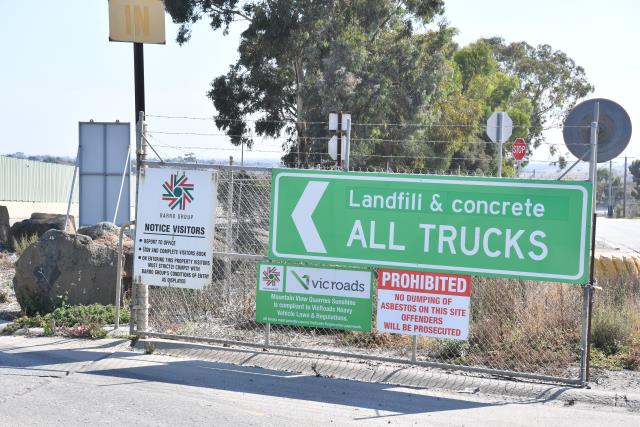BRIMBANK principals have slammed the state government after a scathing report revealed the Education Department used incomplete evidence when recommending cuts to Victorian Certificate of Applied Learning (VCAL) funding.
Auditor-General Des Pearson’s report, tabled in State Parliament last week, found the department did not analyse or fully understand the role of industry-based training when it made its decision to slash more than $12.3 million from the program. Key stakeholders, including schools, were not consulted before the recommendation was made.
Copperfield College principal Tony Simpson said he wasn’t surprised by the findings.
The school, with campuses in Delahey, Sydenham and Kings Park, has lost more than $120,000 in VCAL funding despite more students being enrolled in the course next year.
Mr Simpson said the cuts would cripple areas where school retention was at its lowest.
“It’s a fact school retention in lower socioeconomic areas, including the west, is more than 20 per cent lower than other areas of Melbourne,” he said.
“We need to be doing everything we can to keep students in school so they reach their full potential. Schools need to be able to address the needs of all students and the most crucial element of VCAL is that it enables those students who don’t fit the mould of a traditional model of schooling to have high interaction with the community and TAFE providers.”
Catholic Regional College Sydenham principal Brendan Watson said VCAL students required extensive support. “One reason we invited the minister for education to the school earlier this year was to show him the real difference VCAL can make to a student’s life.”
Mr Watson said more than 100 students at the school would be affected by the cuts, which came after the government slashed $290 million from TAFE funding across Victoria. Before the cuts, more than 430 schools and TAFEs statewide had been eligible for up to $125,000 a year to co-ordinate the VCAL program.
Education Minister Martin Dixon’s spokesman Ashley Gardiner maintained there had been no cut to student funding for VCAL.
“When VCAL was first introduced in 2003, an additional payment for co-ordination was paid over and above the funding program delivery,” he said. “Schools have global budget and the autonomy to make their own decisions about school priorities, including which courses to offer.”

















